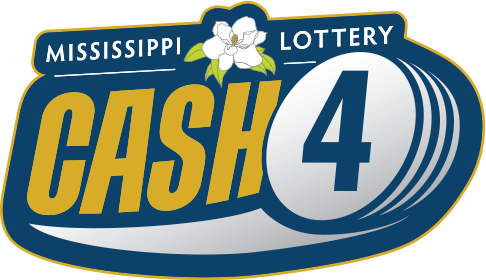The Gambler’s Fallacy

The lottery has been around since the early 1700s. Newspaper advertisements from the colonial period show hundreds of lotteries operating throughout the United States. In 1934, Puerto Rico legalized its own lottery, which soon followed by New Hampshire, which became the first US state to offer it. Today, there are forty-five states and the District of Columbia with lotteries, and the Virgin Islands plans to launch its own lottery in 2021. In addition to drawing games, lottery operations are also available on the internet.
Official online lottery sites offer the same tickets as land-based distribution points, and their prices are the same. Players participate in the same game, but the online lottery distribution system is not standardized. This leaves each official lottery distributor free to do things a certain way, resulting in a lower quality of service. As a result, lottery enthusiasts are not treated to generous bonuses or promotions, and the funds they win are not transferable. In addition, some states have no lottery at all.
Another drawback of lottery apps is their need to be downloaded and updated. These updates take up space on your device, which is a potential inconvenience. Another drawback is that you cannot use a lottery app from your desktop - you can only play it on a mobile device. Choosing a lottery app that has an extensive list of features is a good idea for maximizing your chances of winning. However, if you do not have enough time to download an app, you might want to use the internet lottery instead.
Another benefit of playing the lottery is the possibility of winning big prizes. There are many online lottery apps, but only a few of them allow players to play national games such as Mega Millions and scratch tickets. Online lottery agents allow players to purchase tickets through the internet and are regulated by the state. In addition to providing access to their results, these sites make it easier for players to play and claim their prizes. The best lottery sites also allow you to play from your mobile phone.
The gambler’s fallacy is a false belief that events can affect each other. Similarly, it is incorrect to believe that past events affect the outcome of future events. Lottery enthusiasts believe that past draws determine the outcome of a lottery draw. They search for hot and cold numbers, or numbers that have not come up recently. These people are able to win a lot of money, but the money won from these games usually gets shared among other lottery players.
Multi-state lotteries are also known for their massive jackpots, and include games such as Mega Millions and Powerball. These lotteries are governed by the Multi-State Lottery Association (MUSL), a consortium of 33 states. They share pools of funds to help boost ticket sales. While most multi-state lotteries are governed by the MUSL, some are not, allowing them to remain independent.